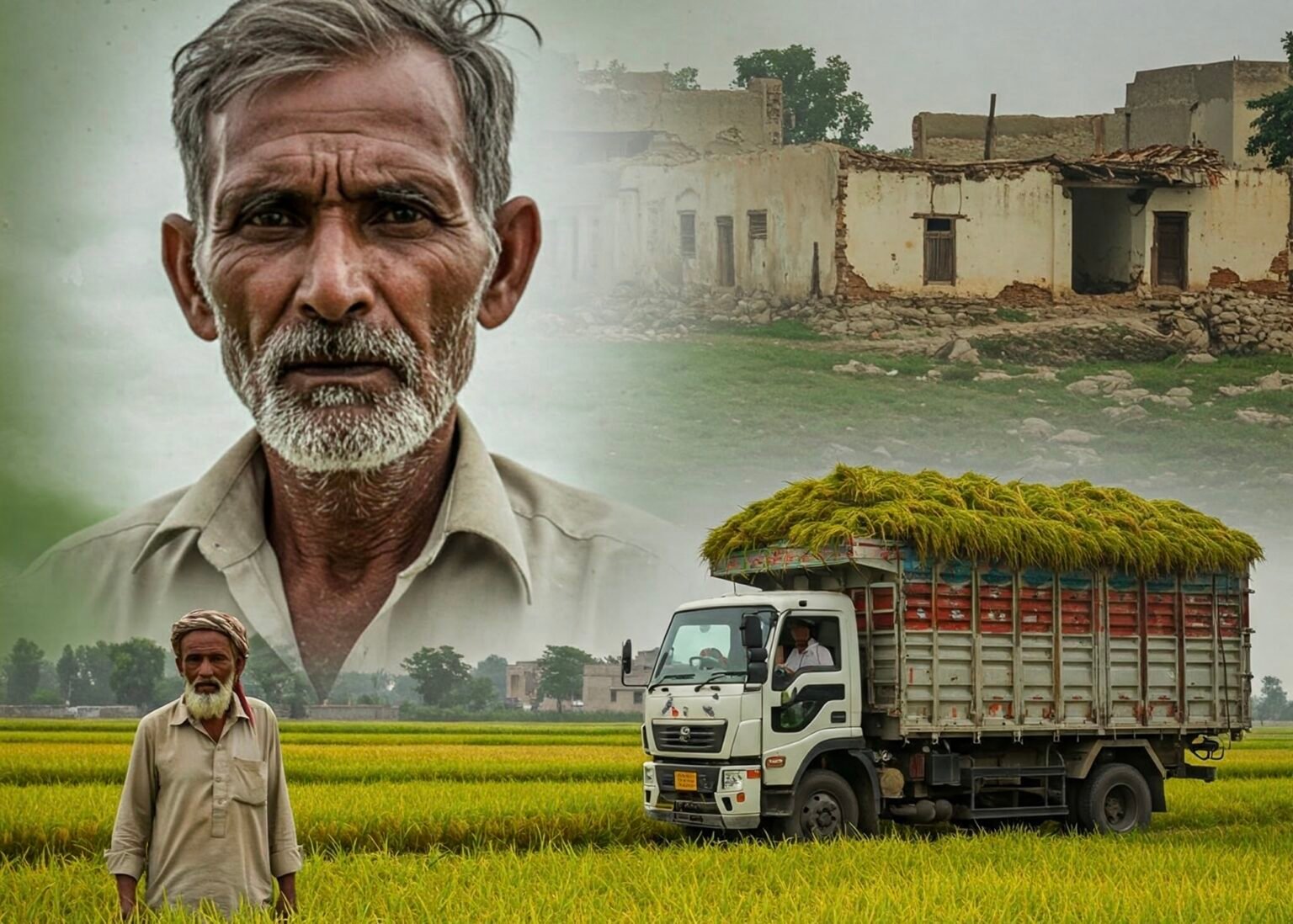Analysis by Money Matters Pakistan
Key Takeaways:
- Farmers are forced to sell cheap due to immediate needs.
- Intermediaries manipulate quality and pricing unfairly.
- This system creates wealth for middlemen at farmers’ expense.
Islamabad – April, 11, 2025 – Farmers in Pakistan frequently encounter exploitative practices within the agricultural supply chain, particularly at the hands of intermediaries who control market access and pricing. This analysis examines the systemic vulnerabilities that allow these middlemen to extract disproportionate profits, leaving growers with diminished returns for their labor and produce.
A key issue lies in the structural disadvantages faced by farmers. Often lacking adequate storage facilities and facing immediate financial needs, they are compelled to sell their harvests shortly after collection. This urgency positions them as price-takers in a market dominated by intermediaries who possess greater holding capacity and market intelligence.
The process of selling often involves subjective and potentially manipulative quality assessments by these intermediaries. Arbitrary deductions based on perceived flaws in the produce, such as alleged premature harvesting or insufficient quality, serve to depress prices offered to the farmers. This lack of standardized grading and transparent evaluation mechanisms creates an environment ripe for exploitation. Furthermore, the weighing and measurement processes can be opaque, raising concerns about potential manipulation that further reduces the quantity for which farmers are compensated.
The pricing mechanism itself often lacks transparency and fairness. Intermediaries may quote initial prices significantly below the prevailing market value, leveraging the farmer’s immediate need for cash. The involvement of associated traders in the bidding process can create an artificial ceiling on prices, preventing farmers from achieving a competitive return. Subsequently, these same intermediaries often sell the procured goods at substantially higher prices within a short timeframe, capturing the majority of the profit margin while the original producers remain economically marginalized.
The economic consequences of this system are significant. While intermediaries accumulate wealth rapidly, the majority of farmers struggle to improve their livelihoods and remain trapped in a cycle of limited income and potential debt. This disparity raises critical questions about the role of the state in ensuring fair market practices and protecting the interests of the agricultural community, which forms a significant portion of the nation’s population and contributes substantially to the economy.
Addressing this entrenched issue requires a multifaceted approach. Strengthening regulatory oversight of market operations, promoting transparent pricing mechanisms, and investing in infrastructure that empowers farmers to access markets directly are crucial steps. Facilitating the formation of strong farmer cooperatives can enhance their collective bargaining power and provide alternative marketing channels. Furthermore, improving access to market information and financial services can reduce farmers’ reliance on exploitative intermediaries. Ultimately, fostering a more equitable and efficient agricultural market is essential for the economic well-being of farmers and the sustainable growth of Pakistan’s agricultural sector.




